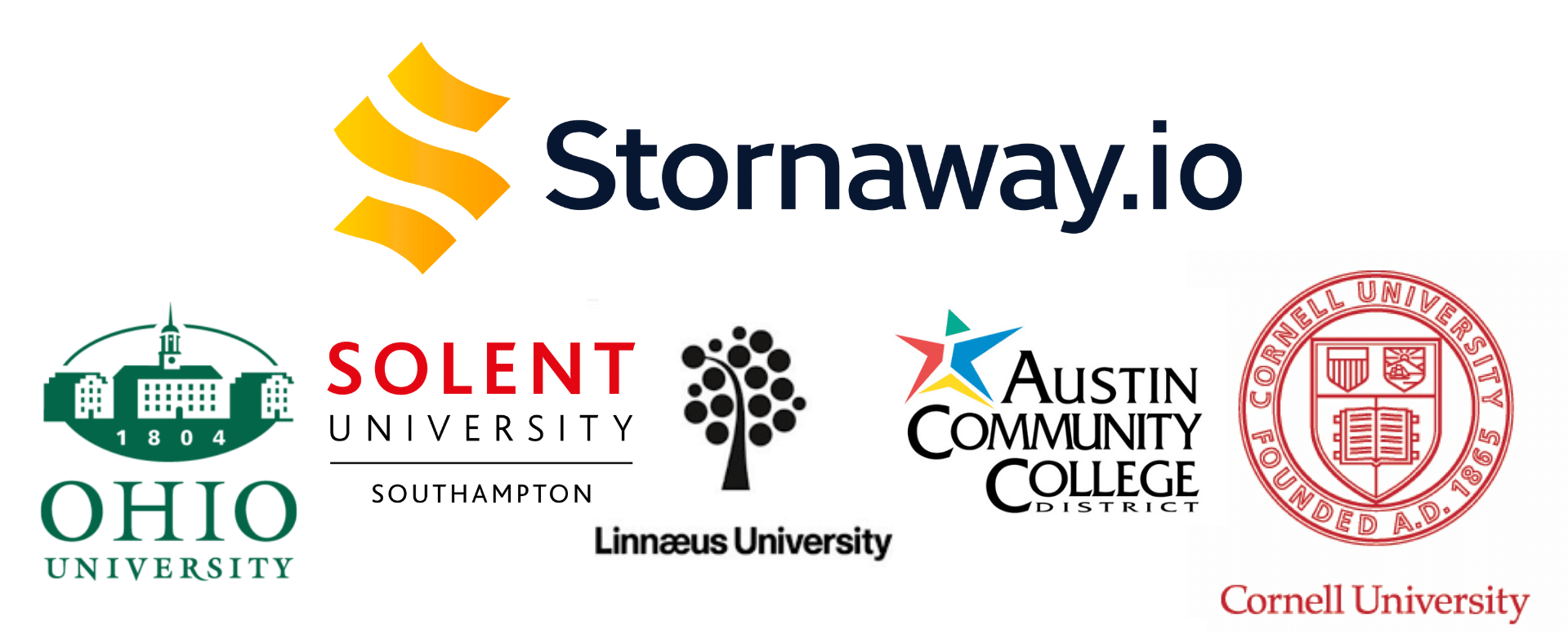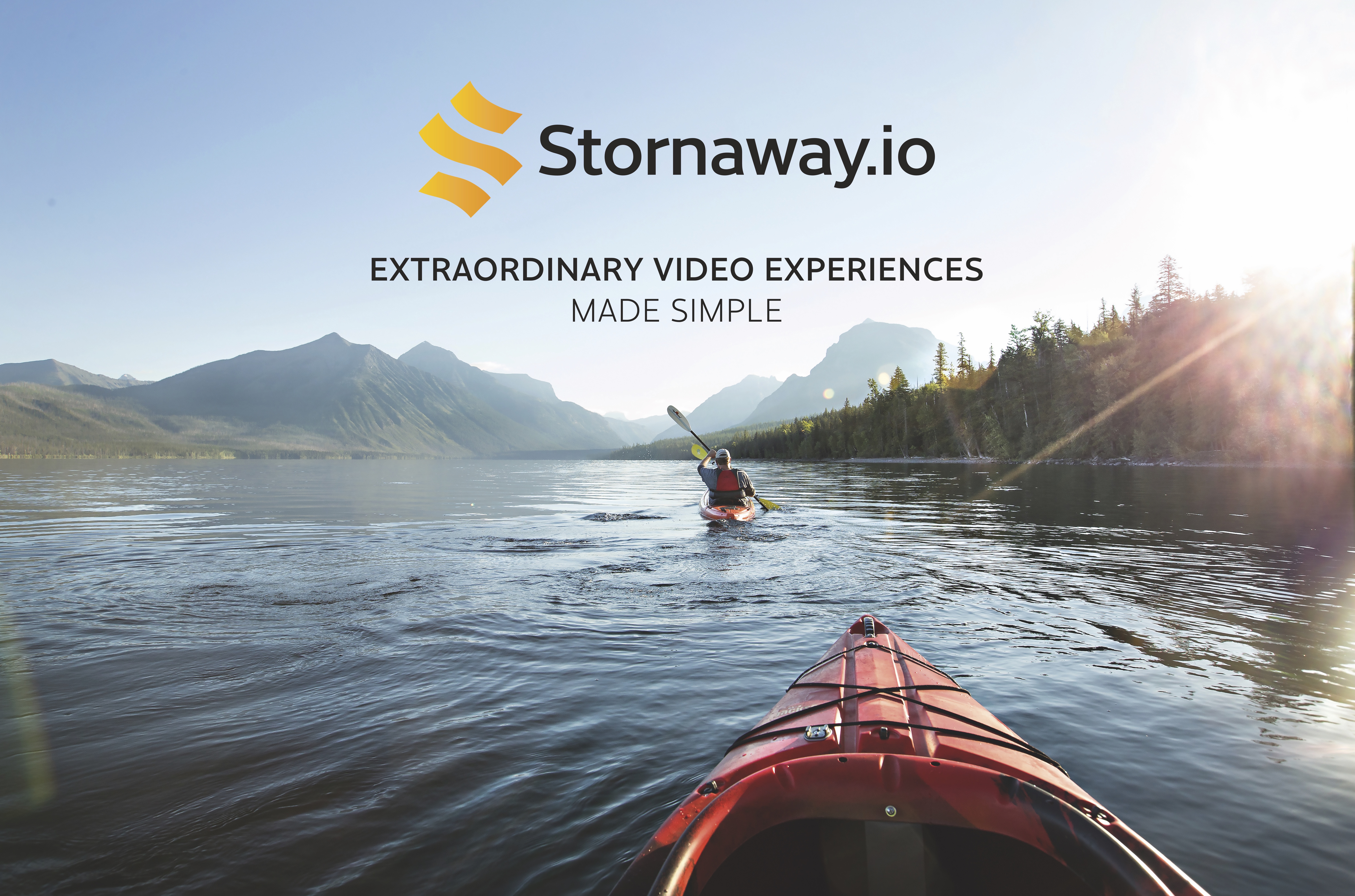Interactive Narratives and Immersive Stories: emerging practices
WHEN? June 13th 2023 , 4-5.30 pm UK / 5pm CEST / 11am ET/ 8am PT
WHO? Hosted by Associate Professor Roy Hanney from Southhampton Solent University with speakers from our Academic partners around the world.
Sponsored by Stornaway.io
Sign up below by emailing communications assistant, Kate Moody :

Click here to see the speakers
This is an online event to bring our academic partners together from across the globe to share ideas and create a community. We will be exploring the challenges of teaching interactive narrative and immersive storytelling in higher education and the ways in which technology can enrich the experience for researchers, practitioners, and students. This isn’t an academic symposium, but we will start with a series of short PechaKucha style ignition talks from our academic partners. Then we will break out for more intimate conversations, before returning to share our thoughts at a final plenary.

This gathering will provide an opportunity to share valuable insights into effective teaching methods and strategies for creating engaging interactive digital narratives. You will have the opportunity to connect with other educators and learn from their experiences in this rapidly evolving field. By attending this gathering, you will be better equipped to prepare your students for careers in the industry and help shape the future of interactive digital narrative production.
Interactive narrative is fast becoming a vital aspect of modern media. Audiences are seeking more immersive and engaging experiences, while producers seek to cut through the noise by creating interactive narratives that will capture their audience’s attention and leave a lasting impact. As educators, we need to prepare our students for this rapidly changing media landscape while as researchers and practitioners, we need to be upskilling ourselves to take advantage of the opportunities offered by interactive media.
Don’t miss out on this opportunity to expand your knowledge and improve your teaching practices. Register now and be part of this exciting conversation.
HOSTED BY

Dr Roy Hanney, Associate Professor at Southampton Solent University
Dr Roy Hanney is the course leader for Solent University’s Media Production programme where he teaches among other things a module in interactive narrative fiction filmmaking. From the outset, this module has been a partnership between Solent University and Stornaway.io enabling not only beta testing of the application but also investigating pedagogic approaches to teaching interactive fiction filmmaking.

With Judith Aston, Associate Professor in Film and Digital Arts at UWE Bristol
Judith Aston is an Associate Professor in Film and Digital Arts at the University of the West of England in Bristol. She is Co-founder of i-Docs and is the elected Chair of the Royal Anthropological Film Institute’s Film Committee. As an active member of the University’s Digital Cultures Research Centre, she is also an experienced tutor and PhD supervisor. She has an interdisciplinary background in creative media practice, interaction design and visual anthropology, and has always worked across academia and industry. At the heart of her work is the desire to put evolving media technologies into the service of promoting multi-perspectival thinking and understanding. With this in mind, she was an early adopter of Stornaway, bringing it into her teaching and also into her research, currently through her work with the Polyphonic Documentary project.
GUEST SPEAKER

Martin Percy- Interactive Film Director
SPEAKERS

Liz Karns, Sr. Lecturer and Provost Fellow, Statistics and Data Science, Cornell University on making an interactive film ‘Nobody’s Fault’
Data science results are often distant from the people who must use them. In our interactive video, Nobody’s Fault, we explore decisions made by a data scientist and witness the impact of those decisions. Students and professionals who view the video will experience ethical conflict in a work setting with alternative results depending on the choices made by the viewer. Group discussions of conflicts, choices, and consequences are enriched by the experience of interactive video. The video will serve as a springboard for ethical practice examination within all data science applications.
The project was created by M. Elizabeth Karns, Senior Lecturer, Statistics and Data Science at Cornell University and supported by a grant from the Cornell Center for Teaching Innovation. Contact karns@cornell.edu to arrange a facilitated presentation.

Caroline Kingori/Adonis Durado : Changing Behaviour with an award winning interactive project from Ohio University
DatingForward is an interactive story about sexual activity, HIV testing, disclosure and treatment. It is aimed at educating young adults and students on the impact of their choices around dating. This fantastic, behaviour changing interactive video has recently won two major interactive and design awards.

Romain Herault, Lecturer, Computer Science and Media Technology
from Linnaeus University on :
1) Interactive videos in Digital Humanities showcase the imagination of students to present different topics through storytelling, from interactive museum visits, to a simple yet heartwarming daily walk with one’s cat.
2) Interactive videos included in nurse and police training bring another dimension and opportunity to rehearse skills and foster discussion. Students also make use of them in their education to great effects.

John Moore from Austin Community College – experiments in interactive 360VR
John Moore will be discussing his curriculum for instructing students in interactive VR video production. Topics covered will include the VR post-production pipeline in Adobe Premiere, affordable 360 cameras, the pros and cons of using VR, and inspiring students to “think outside the frame” of traditional filmmaking techniques.

